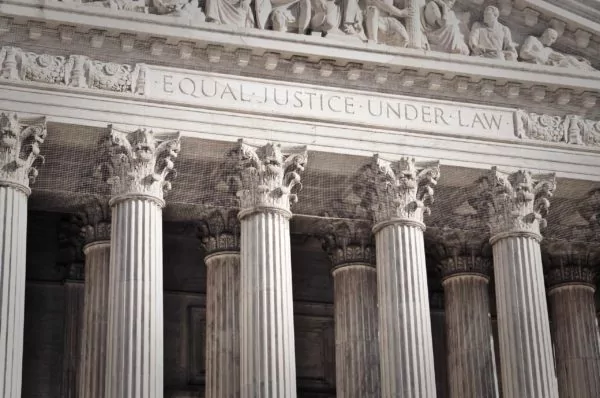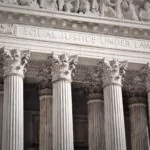A client recently asked me about the buy / sell transaction of his triplex used to earn rental income. This client heard that if he sold his triplex and bought another in the same year, he could avoid capital gain tax. It does not mean anything. The capital gain tax, if the sale is more expensive than the purchase, is unavoidable.
This confusion is due to subsection 44 (1) of the Tax Act.
In the event that a capital asset, other than a share of the capital stock of a corporation, is involuntarily disposed of and replacement property is acquired within the prescribed time, subsection 44 (1) may allow the deferral, in whole or in part, of the capital gain that arises from the disposition. So if the house is destroyed by fire, for example, it is a tragedy for a taxpayer, but not for the tax authorities. Such loss of the house destroyed by the fire still results in the capital gain tax if it matures. Yes, yes, destruction of the house is equal to the disposition and therefore taxable. But article 44 (1) LIR provides relief: if the detained / expropriated / other house is replaced within the prescribed period, the capital gain tax is deferred until the actual disposal of this new replacement house. .
Section 44 (1) LIR also provides for the similar rule in certain cases of voluntary disposal of an asset replaced by another similar asset. However, such capital gains tax relief on voluntary disposition only applies to property known as “former business property.” Thus, the property must be used by the taxpayer, or a person related to him, primarily for the purpose of earning income from a business, but generally does not include rental property.
You can see more information on this at the link below. Income tax folio S3-F3-C1, Replacement property – Canada.ca








